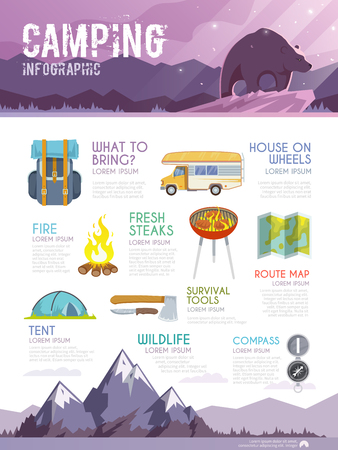New Step by Step Map For best large tents
New Step by Step Map For best large tents
Blog Article
Safety Factors To Consider for Household Camping Tents
Safe and enjoyable camping journeys are possible for the entire family when everybody follows fundamental security guidelines. Show youngsters to regard wildlife and all-natural objects, always maintain a first-aid package with lots of melt lotion on hand, and be planned for unexpected circumstances by researching the camping area, weather condition patterns, and geographical functions.
How do you keep a tent down in the wind?
Pick the Right Camping Tent
Moms and dads who camp know that the right outdoor tents can make or break a camping journey. The camping tent you select must be durable adequate to stand up to the rough therapy that youngsters and dogs can supply. It must also be easy to establish, with features like color-coded poles and quick-clip systems.
You need to likewise consider the dimension and capability of the camping tent you want to acquire. Try to find a floor location and peak elevation that can suit the variety of people in your family members, plus extra room to minimize crowding or claustrophobia.
When selecting a camping site, survey the area for threats, such as animal burrows, toxic plants and rocky drop-offs. It's additionally a great concept to select a website that provides some form of security features, such as boundary fencing and every night camping area patrols.
Outdoor tents Setup
When establishing camp, discover a level area that allows enough to easily fit your tent and any other aspects you're preparing for, such as a fire pit. Clear away any kind of debris like sticks or stones and keep an eye out for potential dangers, such as sloping pitches that can cause you to roll about throughout the night and rain swimming pools in concave areas.
If it's windy, place your camping tent so the side with the toughest pole framework encounters the wind to decrease the possibility of it blowing via and causing injury or damages. When possible, choose a site that is additionally shielded by natural obstacles to decrease wind and rain dangers. You might additionally want to put down a tarpaulin a little smaller than your camping tent flooring to maintain it completely dry.
Tent Storage
Lots of outdoors tents are developed with vents and flaps that motivate air circulation. Nonetheless, you should always keep combustible things like clothing and sleeping bags away from these openings to prevent fire dangers. Air flow is also essential to decrease smoke and carbon monoxide gas build-up, which are significant health risks.
Never rest straight on the ground and educate youngsters to remain clear of it. This avoids tripping and falling injuries, in addition to insect attacks.
Educate children to constantly check for hazards before entering their tents, such as loose rocks or tree limbs that could fall during a storm. It's likewise a great idea to reach the camping area prior to nightfall to make setting up camp much easier and more secure. This additionally offers you a possibility to identify any type of prospective problems, like snakes or harmful plants.
Tent Weather
There are few things more enjoyable than sitting around a campfire toasting s'mores under a star-filled skies. Yet prior to you pitch your camping tent, ensure your family has the appropriate resting equipment and comprehends exactly how to correctly use a campfire.
Outdoors tents can additionally be impacted by weather, such as rain and wind. Wind can change the stress and anxiety on the outdoor tents, loosening ratchet assemblies and pulling survey of the ground. Rainfall can trigger tents to leak.
Seek camping tents that provide good ventilation and minimize condensation (dampness that normally forms from your body's breath). Consider bringing a tarpaulin in case of rainfall. And constantly leave your tent if there are lightning strikes nearby.
Tent Safety and security
Camping tents that don't adhere to fire and life safety needs are a fire danger. Moreover, saving combustible materials like wood, gas cylinders, and lp within in tents the tent can cause them to get too hot and even explode. To lower these dangers, they must be kept outside the tent protected by a heavy-duty tarpaulin.
Fire dangers also emerge from incorrect usage and storage space of stoves. Stoves that aren't effectively vented can launch carbon monoxide, a deadly dangerous gas.
Camping tent tethers and risks can produce journey dangers in walkways and courses. To reduce these threats, event organizers should take into consideration utilizing noticeable weights on tethers, setting up secure cleats, or utilizing safety cones around risk lines. Additionally, they must ensure that leaves are not blocked by home furnishings, tent wall surfaces, or other frameworks.
How do you keep a tent floor clean?
